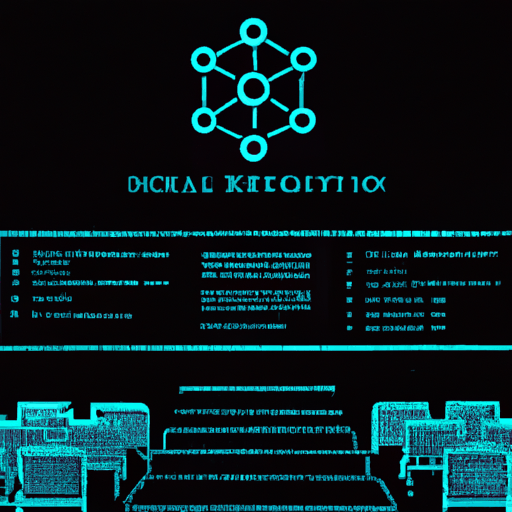
Mango DAO and Blockworks Foundation Settle SEC Charges for $700K
By: Eliza Bennet
The US Securities and Exchange Commission (SEC) has reached a settlement with Mango Markets' decentralized autonomous organization (DAO) and the Blockworks Foundation on charges related to unregistered securities. This settlement comes after both entities were accused of selling unregistered securities, a scrutiny intensified by a $100 million exploit on Mango Markets that drew significant regulatory attention. The entities will pay a total of $700,000 in civil penalties, destroy their MNGO tokens, and request crypto exchanges to delist these tokens. They also agreed to cease marketing the tokens in the future.
The settlement, which is pending court approval, does not require Mango DAO or the Blockworks Foundation to admit or deny the SEC's allegations. This follows a community vote by Mango DAO in August to settle with the SEC. In addition, Mango Markets has proposed a $500,000 settlement with the Commodity Futures Trading Commission (CFTC) to end a separate investigation concerning the exploit, again without admitting any wrongdoing. The CFTC's focus was on Mango Markets' activities and the implications for the wider regulatory landscape.
Regulatory Charges and Allegations
The SEC's complaint stated that Mango DAO and the Blockworks Foundation violated the Securities Act of 1933 by raising over $70 million through the sale of MNGO governance tokens in August 2021, which included investments from US residents. Mango Labs was also implicated as an unregistered broker for allegedly soliciting users for the Mango platform and providing financial advice in violation of the Securities Exchange Act of 1934.
An SEC statement underscored that being a DAO does not exempt any entity from securities laws. The regulator highlighted that the use of automated systems and open-source technology does not alter the legal responsibilities of those operating such projects. This case is a notable example of the SEC's ongoing efforts to enforce existing securities laws within the decentralized finance (DeFi) sector.
This regulatory action is a significant moment in the crypto industry, marking an increased focus on compliance and enforcement. The outcome suggests that DAOs and other DeFi projects will continue to face substantial scrutiny as part of broader efforts to regulate the rapidly evolving digital asset landscape.



